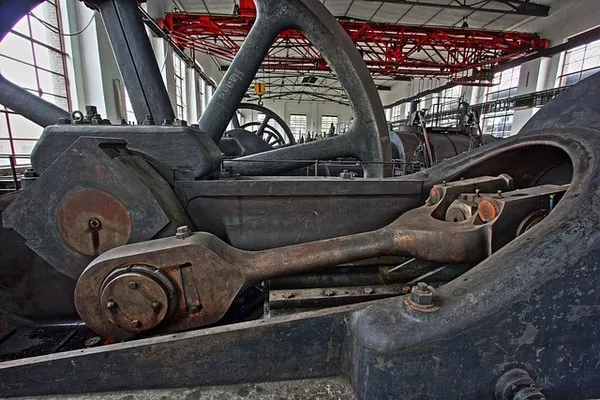A Japanese automaker, Daihatsu Motor Co., is grappling with an extended suspension of its production following revelations of decades-long safety test cheating. The Japanese government, in response to reports of faked safety test results, ordered a complete production halt for the Toyota subsidiary last year. Daihatsu admitted to skipping mandatory safety tests by replicating data from one side of cars to the other and using timers to manipulate airbag deployment during testing.
Despite Japanese regulators approving five of the company’s models after additional testing, Daihatsu anticipates a prolonged suspension of production as it awaits action from suppliers. The scandal has not resulted in major accidents, but it has raised serious concerns about oversight and corporate culture at Daihatsu and its parent company, Toyota.
The company’s leadership acknowledges the need to rebuild customer trust in safety and security. Daihatsu, known for its kei cars (light automobiles), including popular models like the Daihatsu Tanto and the Toyota Raize hybrid SUV, is formulating a plan to prevent future cheating incidents. An investigation uncovered 174 cases of faked tests affecting various models, with the cheating traced back 30 years.
The whistleblower who came forward in April last year initiated the scandal, prompting Daihatsu to issue apologies and commit to significant reforms in its corporate culture. President Soichiro Okudaira attributed the cheating to pressure on workers to meet tight deadlines.
While Japanese regulators are considering recalls, none have been announced yet. However, media reports suggest that recalls could potentially affect over 300,000 vehicles. The Daihatsu scandal adds to a series of similar incidents within the Toyota group, raising questions about governance standards and the overall trust in the Toyota brand. The company is under scrutiny as it navigates the aftermath of the scandal and works to restore confidence in its commitment to safety and integrity.


